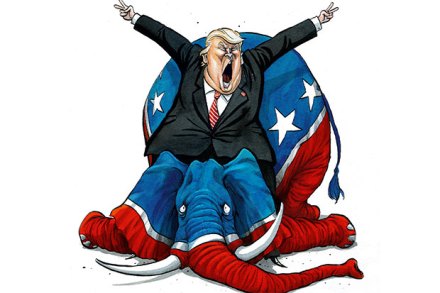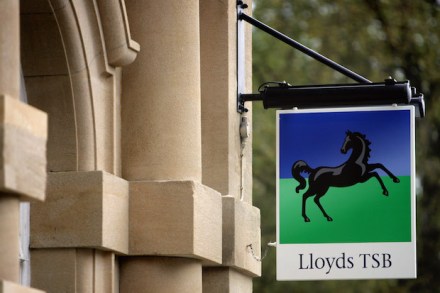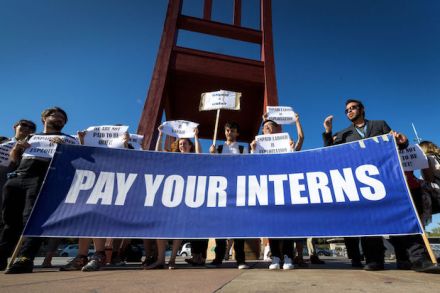A year on from Trump’s election win – has it been all good news for investors?
Before Donald Trump was elected the 45th President of the United States, his supporters claimed that he would be ‘good for US business’ and ‘good for the US economy’. He brought an impressive track record to the White House as a successful media personality and star of The Apprentice; a businessman and property investor worth anything from $3.9 to $10 billion (or so the estimates claimed), despite going bankrupt several times in the 1990s and around the global financial crisis in 2008. Well were Trump’s supporters right? Yes. In the past year, equities in particular have delivered some impressive returns, while ‘safe haven’ assets (like gold) have fallen behind, according




















